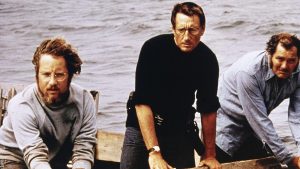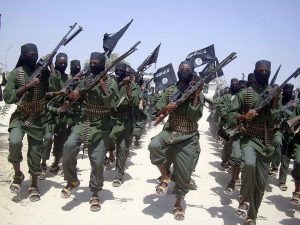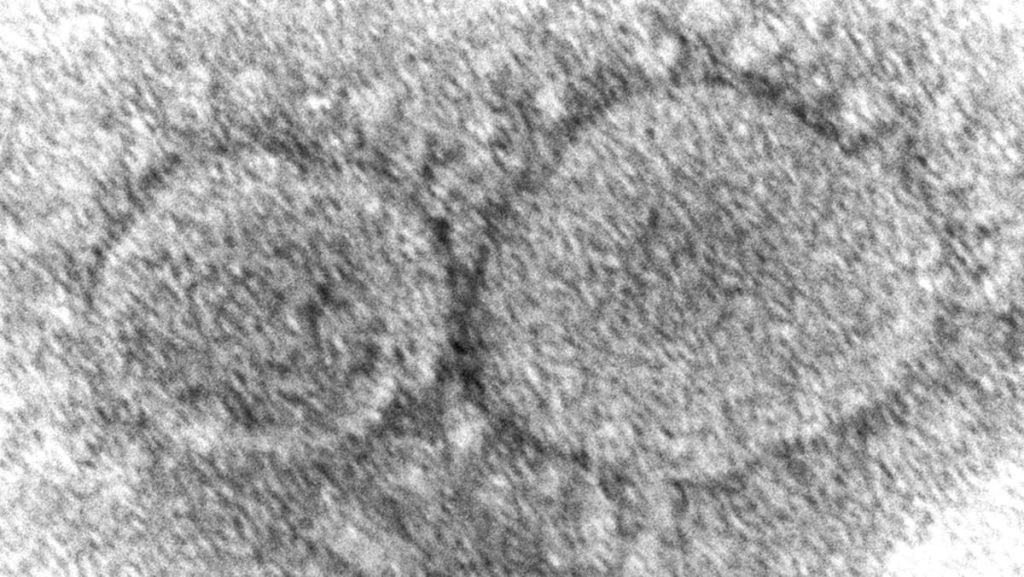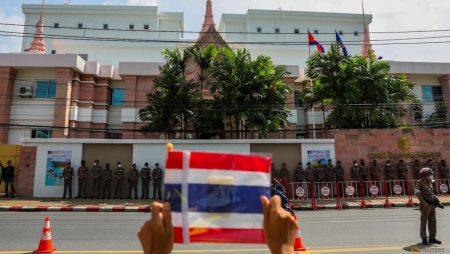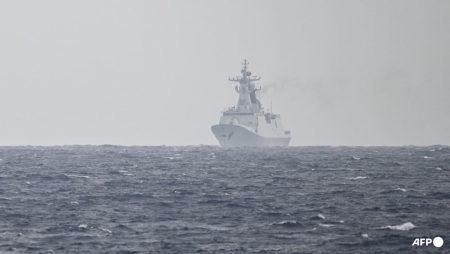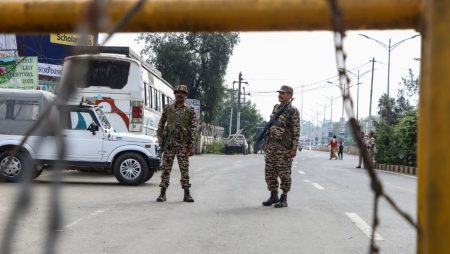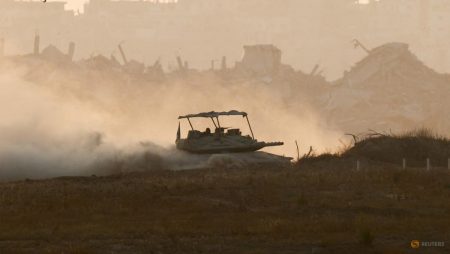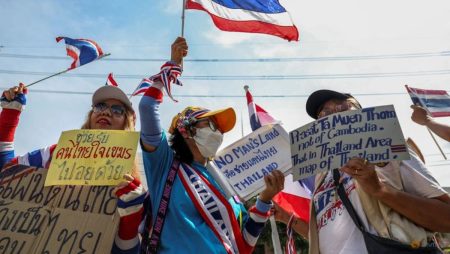The origins of the COVID-19 pandemic remain a subject of intense debate and investigation, with competing narratives and conflicting evidence clouding the search for a definitive answer. Central to this debate is the question of whether the virus emerged naturally through animal-to-human transmission or through an accidental release from a laboratory, specifically the Wuhan Institute of Virology (WIV) in China. While scientific consensus leans towards a zoonotic origin, proponents of the lab leak theory point to circumstantial evidence and the WIV’s research on coronaviruses as potential indicators of a laboratory accident. The lack of transparency from Chinese authorities and the politicization of the issue by various actors have further complicated efforts to uncover the truth.
The US intelligence community, particularly the CIA, has been actively involved in investigating the origins of the pandemic. Former CIA Director John Ratcliffe, during his confirmation hearing, publicly stated his belief that a lab leak at the WIV was the most likely source of the outbreak. However, the extent to which new intelligence has informed this assessment remains unclear. While some intelligence officials have suggested the existence of classified information supporting the lab leak theory, others have emphasized the lack of conclusive evidence. This ambiguity has fueled speculation and distrust, particularly regarding the transparency of the intelligence gathering process and the potential influence of political considerations on the intelligence analysis.
China’s government has consistently denied any involvement in a lab leak and has accused the United States of politicizing the issue. Beijing maintains that the virus likely originated from a natural source and has criticized the focus on the WIV as a politically motivated attempt to deflect blame. China has also pointed to research conducted by the World Health Organization (WHO) which, in its initial investigation, concluded that a zoonotic origin was the most likely scenario. However, the WHO investigation faced criticism for its limited access to data and reliance on Chinese authorities for information, raising concerns about the impartiality and thoroughness of the investigation.
The debate over COVID-19’s origins has become entangled in the broader geopolitical rivalry between the United States and China. Accusations of a cover-up by China have been met with counter-accusations of scapegoating and misinformation by the US. This politicization has hindered scientific collaboration and information sharing, crucial elements in understanding the pandemic’s origins and preventing future outbreaks. The lack of trust between the two countries has further complicated efforts to conduct a comprehensive and transparent investigation, leaving the question of the pandemic’s origin unresolved and fueling ongoing speculation and mistrust.
The scientific community continues to pursue research aimed at determining the origins of the virus. Genetic analyses, epidemiological studies, and investigations into potential intermediary animal hosts are ongoing. However, the passage of time since the initial outbreak, coupled with the challenges of accessing crucial data and samples, makes pinpointing the exact origin increasingly difficult. The lack of transparency and cooperation from China remains a significant obstacle to scientific progress in this area. Despite these challenges, the scientific community remains committed to uncovering the truth, recognizing the importance of understanding the origins of COVID-19 for preventing future pandemics.
The search for the origins of COVID-19 underscores the critical need for international collaboration and transparency in addressing global health threats. The politicization of the issue and the lack of trust between nations have hampered efforts to conduct a thorough and impartial investigation. Moving forward, fostering greater transparency, data sharing, and scientific cooperation is essential for unraveling the mysteries surrounding the pandemic’s origin and for developing effective strategies to prevent future outbreaks. A comprehensive understanding of the origins of COVID-19 is not only crucial for historical accountability but also for developing effective public health measures and mitigating the risks of future pandemics.

